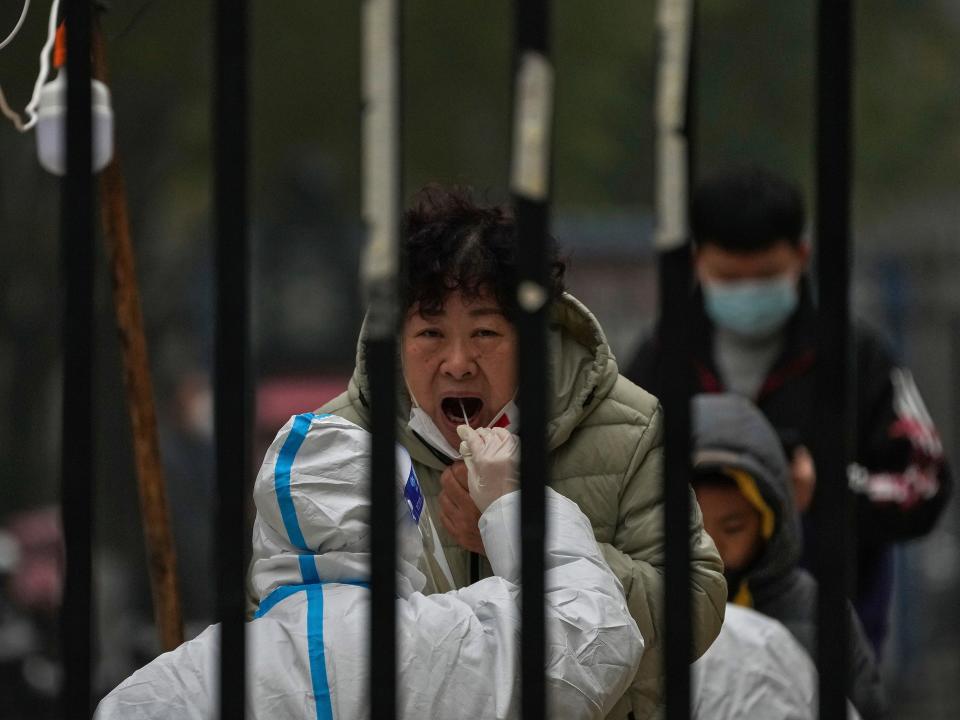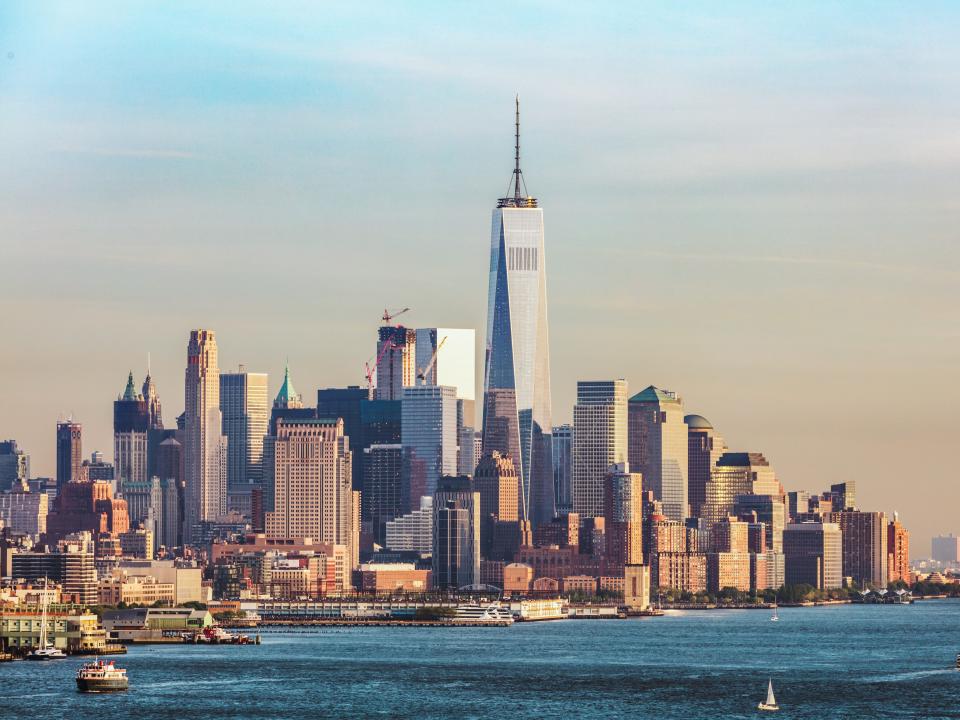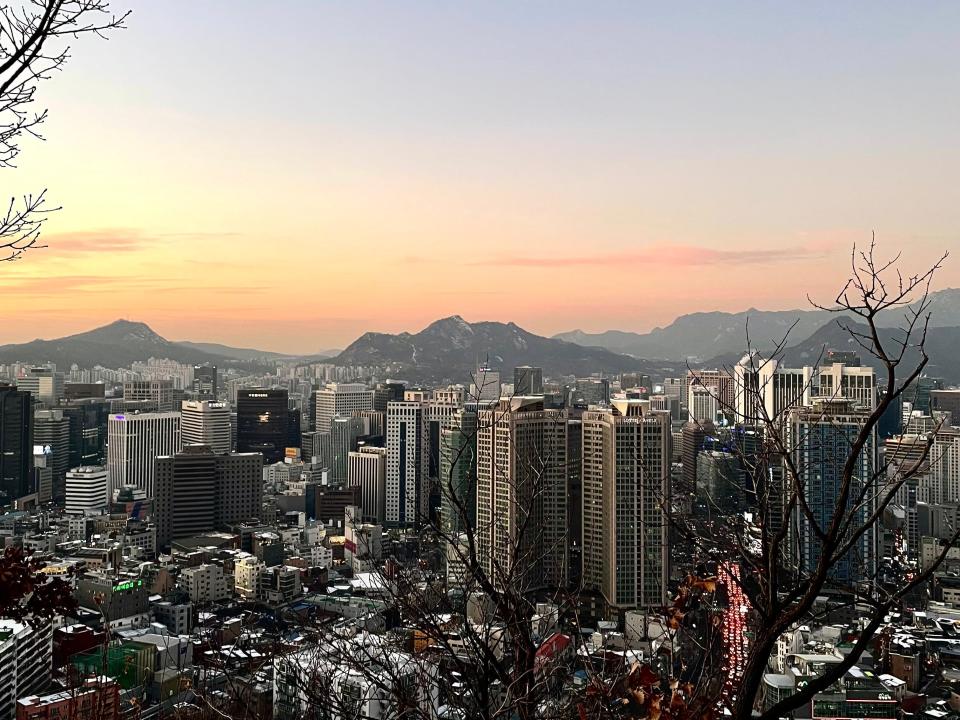China's COVID cases are spiking. Here's how 5 countries are restricting travel for passengers arriving from China.

China has recently seen a surge in COVID cases since it relaxed zero-COVID restrictions.
Japan, the US, India, South Korea, and Malaysia have tightened measures for travelers from China.
Some measures include increased COVID testing and quarantine for those found positive.
In December, COVID infections in China have spiked to an estimated 250 million cases, according reports citing leaked Chinese health official notes.

Before the note was leaked, Chinese officials were said to have downplayed surging cases in the country. Notably, China narrowed its definition of COVID-related deaths to only those who have died from pneumonia or respiratory failure in December.
China then announced plans to stop publishing daily figures for COVID cases and deaths on December 25, reported state-run outlet The Global Times, citing the National Health Commission.
This move comes after China's announcement on December 7 that it would be reversing its zero-COVID regulations after mass protests began in late November.
China's reopening has resulted in hospitals, morgues, and crematoriums overflowing with thousands of patients and people who have died from the virus.
Starting January 8, travelers in China will no longer have to undergo hotel quarantine and home isolation.
But China's surging COVID cases and relaxed restrictions have spooked several countries into tightening travel restrictions for passengers arriving from China. Take a look at five countries that have responded to China's spiking number of cases.
Japan announced on December 28 that all travelers coming into the country from China will be required to produce a negative COVID test upon arrival.

Travelers who test positive will be required to quarantine for a week in a designated facility. A limited number of inbound flights will also be imposed on Tokyo airports.
Japanese Prime Minister Fumio Kishida said there had been growing concern in Japan "as it is difficult to grasp the detailed situation," according to local news agency Kyodo News.
Japan only reopened to foreign tourists on October 11 after almost three years of travel restrictions.
Officials said the US is considering restricting travel for passengers from China, according to a Bloomberg report.

The officials, who declined to be identified, citing internal thinking, added that the US plans to take similar steps to Japan to mitigate the spread of the virus, per Bloomberg.
On December 23, the US Department of State updated its travel advisory on China to Level 3. The category advises US citizens to reconsider travel to China "due to the surge in COVID-19 cases, arbitrary enforcement of local laws, and COVID-19-related restrictions."
On December 22, India announced it would be randomly testing 2% of international travelers amidst fears that new variants could spread in China.

India's health minister Mansukh Mandaviya said in Parliament that regional authorities would send positive samples to laboratories to test for new strains.
Apart from China, travelers coming into India from Japan, South Korea, Hong Kong, and Thailand would also be subject to these regulations.
Earlier this year, India eased COVID restrictions after a decline in cases. As of December 19, India has since only around 150 infections every day on average, per CNN, citing the local health ministry. Many people have since stopped wearing masks outdoors.
South Korea announced on December 29 that all passengers from China would be tested for COVID.

According to a report by the local newspaper The Chosun Ilbo, authorities plan to request negative COVID results from travelers from China at least 48 hours before arriving in South Korea. The report notes that travelers from China may be subjected to additional quarantine measures because of surging cases in the country.
Plans to reduce the number of flights between South Korea and China are also under discussion, per The Chosun Ilbo.
On December 16, South Korea had already required travelers from China to undergo testing if they showed symptoms of COVID and had a high body temperature, according to the report.
On December 27, Malaysia said it is preparing to put additional tracking and surveillance measures following China's surge in COVID cases.

Malaysia plans to have residents and travelers conduct COVID self-tests on their local tracking app, MySejahtera, and those who test positive will be given a home surveillance order, according to local news outlet MalayMail, citing the Ministry of Health.
The ministry's director-general Dr. Noor Hisham Abdullah said that physical COVID assessment centers were equipped to accommodate a large number of patients, per the MalayMail.
Read the original article on Insider

